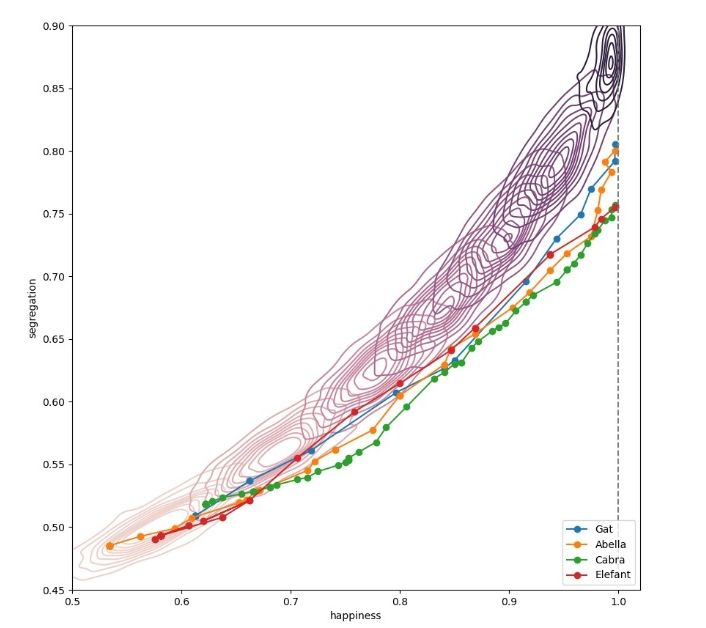



“Modeling Public Opinion Dynamics: The Spiral of Silence in Clustered Homophilic Networks”
arxiv.org/abs/2510.14098
We couple a clustered homophilic network model with a Q-learning “spiral of silence” dynamic uncovering hysteresis in public expression.

“Modeling Public Opinion Dynamics: The Spiral of Silence in Clustered Homophilic Networks”
arxiv.org/abs/2510.14098
We couple a clustered homophilic network model with a Q-learning “spiral of silence” dynamic uncovering hysteresis in public expression.
We test the method on real Twitter data distinguishing intrinsic transmissibility shifts from external shocks.
Kudos to Eva Rifá and Julian Vicens
🔗 arxiv.org/abs/2505.24795

We test the method on real Twitter data distinguishing intrinsic transmissibility shifts from external shocks.
Kudos to Eva Rifá and Julian Vicens
🔗 arxiv.org/abs/2505.24795
🔹 Targeted spreaders can extend or shorten rumor lifetime
🔹 Autocorrelation acts as an early warning signal near criticality
🔹 Only endogenous growth yields oscillatory autocorrelation (captured analytically via NIMFA)

🔹 Targeted spreaders can extend or shorten rumor lifetime
🔹 Autocorrelation acts as an early warning signal near criticality
🔹 Only endogenous growth yields oscillatory autocorrelation (captured analytically via NIMFA)
“Control strategies and virality detection using early warning signals in rumor models”
👉 arxiv.org/abs/2505.24795
We revisit the Maki–Thompson model to study rumor control and how to tell organic virality from astroturfing.

“Control strategies and virality detection using early warning signals in rumor models”
👉 arxiv.org/abs/2505.24795
We revisit the Maki–Thompson model to study rumor control and how to tell organic virality from astroturfing.
Still finishing my talks.
Sustainable science for professional procrastinators

Still finishing my talks.
Sustainable science for professional procrastinators










arxiv.org/abs/2411.14099

arxiv.org/abs/2411.14099


Here the result of a simple model with exponential growing network, follow back as the main mechanism and some aging

Here the result of a simple model with exponential growing network, follow back as the main mechanism and some aging


